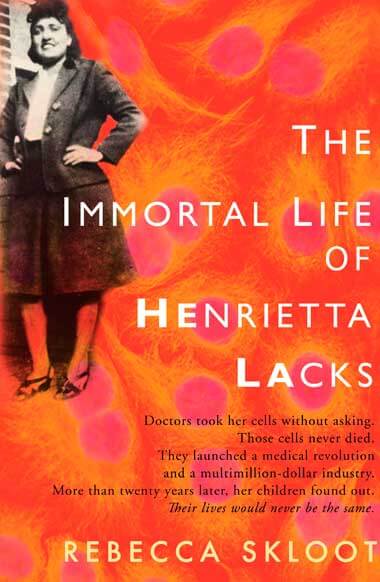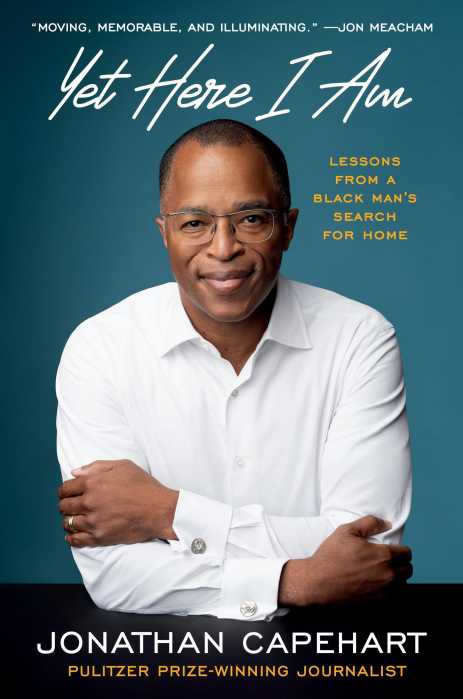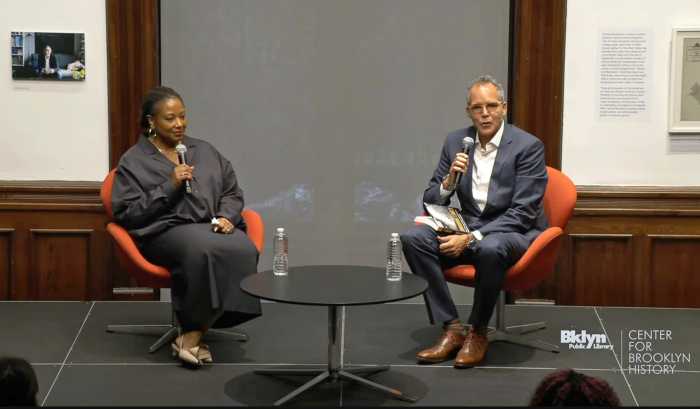The Immortal Life of Henrietta Lacks by Rebecca Skloot, Pan Macmillan – Macmillan, Publisher
Ten years in the making, “The Immortal Life of Henrietta Lacks,” a beautiful but harrowing work of non-fiction, by Rebecca Skloot, has won the second Wellcome Trust Book Prize.
Taking readers on a journey of scientific discovery, The Immortal Life of Henrietta Lacks (Pan Macmillan) tells the story of a poor Southern tobacco farmer whose cancer cells, taken without her knowledge, became one of the most important tools in medicine.
The £25,000 Wellcome Trust Book Prize is open to outstanding works of fiction and non-fiction on the theme of health and medicine. It brings together the worlds of medicine and literature, appealing to literature lovers and science enthusiasts.
This debut work by Rebecca Skloot, 37, took a decade to chronicle and weaves together the Lacks family story from the first culturing of HeLa cells (as they became known) to the dark history of experimentation on African Americans and the birth of bio-ethics.
HeLa cells were vital for developing the polio vaccine and uncovering secrets of cancer, viruses and the effects of the atom bomb. They helped lead to important advances like in vitro fertilization, cloning and gene mapping, and have been bought and sold by the billions. Yet Henrietta herself remains virtually unknown, buried in an unmarked grave. Today, her family can’t afford the heath-care advances that their mother’s cells helped to make possible.
This year’s shortlist for the Wellcome Trust Book Prize featured a diverse range of fiction and non-fiction with each book giving a unique and dramatic insight into the medical world.
Chairing the judging panel of five, former barrister, comedy writer and presenter Clive Anderson said: This is an engaging account of the life of Henrietta Lacks who died in Baltimore nearly 60 years ago and the immortal life of her cancer cells which continue to replicate in research laboratories around the world to this day. There are several stories to be told: the changing attitudes and ethics of the medical profession, the economics of health care and the successes and slip ups of modern scientific methods. In addition, the book reveals the human story of Henrietta Lacks’ family who the author got to know in the course of her extensive research. A worthy winner of a prize designed to honor fine writing on a medical theme.
Clare Matterson, director of Medical Humanities and Engagement at the Wellcome Trust Book Prize added: “It’s wonderful that the prize has been awarded to a book that was such a labor of love for its author. Rebecca Skloot’s work absolutely meets the objective of this prize. It has something of everything – a compelling science story, an emotional personal story and intriguing ethical dilemmas – and all woven together and written with great style.
Congratulations!”
Clive Anderson’s judging panel included: writer and former Man Booker judge Maggie Gee; writer, professor and former Man Booker judge AC Grayling; University College based medical historian Michael Neve and anatomist, anthropologist, presenter and author Alice Roberts. The shortlisted books were:
“Grace Williams Says It Loud” by Emma Henderson, Hodder & Stoughton-Scheptre, publisher
“Medic – Saving Lives from Dunkirk to Afghanistan” by John Nichol & Tonly Rennell, Penquin-Viking, publisher
“Teach Us To Sit Still” by Tim Parks, Random House – Harvill Secker, publisher
“So Much For That” by Lionel Shriver, Harper Collins, publisher
“The Immortal Life of Henrietta Lacks” by Rebecca Skloot, Pan Macmillan – Macmillan, publisher
“Angel of Death, Story of Smallpox” by Gareth Williams, Palgrave Macmillan, publisher
To find out more about The Wellcome Trust Book Prize please visit http://www.wellcomebookprize.org.


























